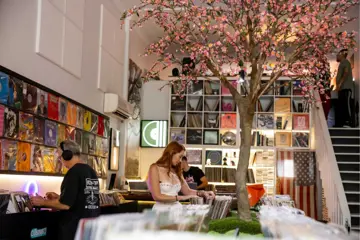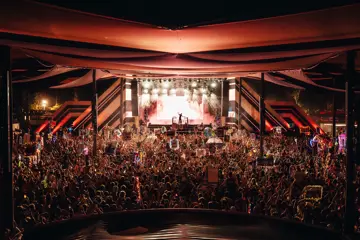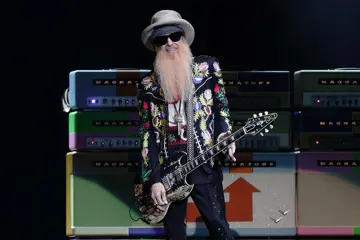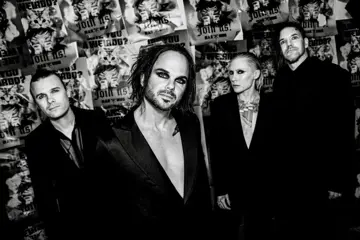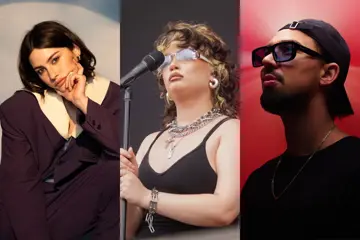If you're a coffee drinker, you may have been rudely startled earlier this month when a study found that daily caffeine consumption has a direct link to impaired recovery after noise-induced hearing loss, but you may soon be able to tear through your local cafe again because thanks to a brand new study, human hearing loss may soon be reversible.
As The Atlantic reports, the "notch inhibitor", found in animals such as birds and fish, can regrow sensory hair cells after hearing loss. By imitating the notch inhibitor, a new treatment could allow human hair cells to multiply.
Based on research by Dr Albert Edge, a group of scientists grew regenerated hair cells in the cochlea of mice back in 2013.
Typically with mammals, a loud sound or trauma can "permanently bend or physically prune" a hair cell rendering it ineffective, however the study on the mice found that they were able to detect missing frequencies.
With funding provided from the European Union's Horizon 2020, Dutch company Audion Therapeutics is currently working towards a first clinical trial for humans,
"Primarily we aim to show that it is safe and well tolerated," Audion CEO Rolf Jan Rutten said.
"And also we will look for an efficacy signal."
Though the human testing could still be "many years" away, the race to bring the product to market by a number of companies is already underway.
"It is a competitive field, but everybody has their own approach," Ruttan said.
"Obviously there will be one of us that will be successful first, but it may be that our different approaches are complementary."
And hey, this could be a sweet plan B for AC/DC's Brian Johnson, right?
Don't miss a beat with our FREE daily newsletter

